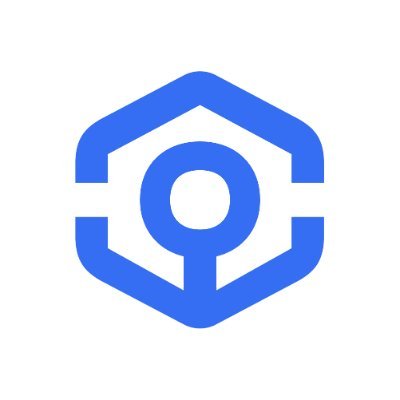




Top Blockchain Node Providers
Find the best dev tools for your blockchain project faster with the ultimate web3 library
AllAPIsSDKsStorageNode ProvidersExplorersIndexersDeployment ToolsIdentity ToolsWalletsOraclesPayment Tools
Sort:
Filters
Nodes type

Infstones ETH
ETH
Deploy dApps on various blockchains, launch and manage nodes, stake PoS tokens.

Blockdaemon ETH
ETH SOL
SOL
Stake, scale, and deploy nodes. Institutional grade secure and scalable node platform.

QuickNode ETH
ETH SOL
SOL
Production, staging, and testing environments through a simple control panel.

ANKR ETH
ETH SOL
SOL
Globally distributed node infrastructure allows the building of multi-chain tools.
What are Blockchain Node Providers?
Blockchain Node Providers are services that offer access to fully synchronized blockchain nodes across various networks without the need for users to set up, host, and maintain their own nodes. Running a full node for a blockchain can be resource-intensive, requiring substantial storage, bandwidth, and computing power. Node providers streamline this process by managing the node infrastructure and offering simplified access to users and developers, typically through API endpoints. By using these providers, businesses and individuals can interact with blockchains more efficiently, without the overhead of node maintenance.
Features of Blockchain Node Providers
- Diverse Network Support: Most providers support multiple blockchains, offering nodes for popular networks like Ethereum, Bitcoin, Solana, and others.
- High Availability: These services typically ensure that nodes are up and running with high uptime, allowing continuous access.
- API Access: Users and developers can interact with the blockchain using straightforward API calls, without directly managing the node.
- Scalability: Node providers often scale their infrastructure based on demand, ensuring smooth performance even during network congestion.
- Security: Security protocols are in place to protect the hosted nodes from potential threats, ensuring data integrity.
- Updates & Maintenance: Node providers take care of regular updates, hard forks, and other maintenance tasks, ensuring that the node software is always current.


